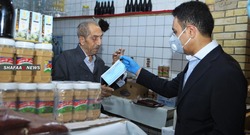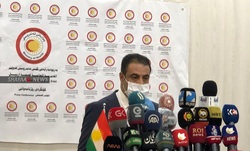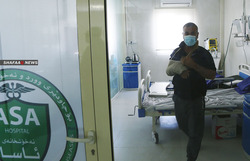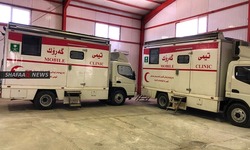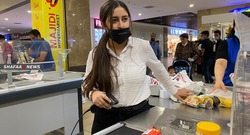On World Justice Day: Kurdish Genocide organizations urge Iraq to rejoin ICC, compensate victims
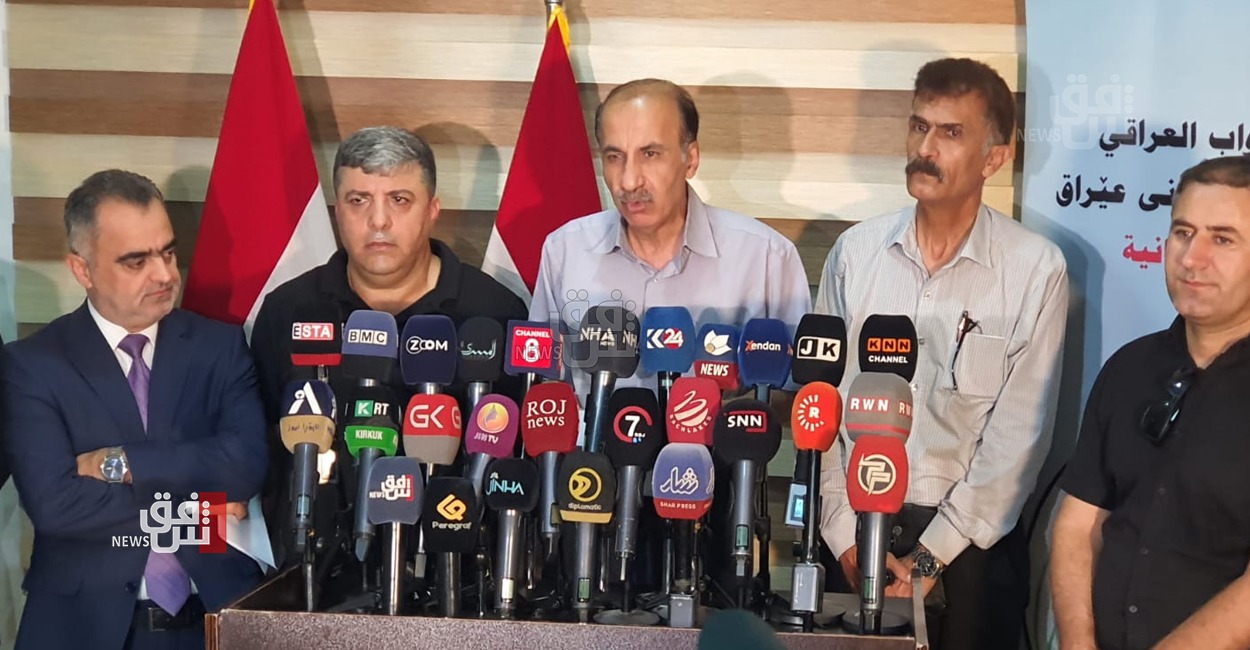
Shafaq News/ On Tuesday, a network of genocide organizations in Al-Sulaimaniyah urged the Iraqi government on Tuesday to join the International Criminal Court (ICC) and provide compensation for victims of genocides in Kurdistan, both materially and emotionally, in observance of the World Day for International Justice.
Shoresh Amin, a member of the network, said at a press conference in Al-Sulaimaniyah, "Today marks the 26th anniversary of the World Day for International Justice, originating from the Rome Statute signed on July 17, 1998. The statute's provisions were enforced on July 1, 2002, after multiple amendments."
Amin noted that while the ICC faces criticism, it has played a significant role in addressing major crimes. "124 countries are ICC members, and 139 nations have signed the Rome Statute. Iraq joined the agreement on February 15, 2005, but withdrew two weeks later without explanation," he said.
He called on the Iraqi government to rejoin the Rome Statute and declare its ICC membership, suggesting that such a move would demonstrate "a commitment to a different future from Iraq's past." He also urged the Iraqi Parliament to take action and pressure both the Iraqi Parliament and the government to push the Kurdistan Regional Government to present a list of 258 individuals accused in the Anfal campaign for international prosecution. Additionally, he called for compensation for victims from the current Iraqi government.
Hundreds of thousands of men, women, and children fell victim to a systematic campaign aimed at exterminating the Kurdish population in Iraq during the Anfal operations of the late 1980s.
They were mercilessly executed, often tied together and shot into mass graves. Entire towns and villages faced chemical attacks, and many women and children endured appalling conditions in camps.
Young men and boys were explicitly targeted and executed en masse.
According to the Kurdistan Regional Government, the Kurdish genocide traces back decades before Anfal, with numerous atrocities claiming countless lives.
"The genocide perpetrated over decades began with the Arabisation of villages around Kirkuk in 1963. It involved the deportation and disappearances of Faylee Kurds in the 1970s-80s, the murder of 8,000 male Barzanis in 1983, the use of chemical weapons in the late 1980s, most notably against Halabja, and finally, the Anfal campaign of 1988." KRG said.
The Anfal campaign in 1988 marked a pinnacle of horror, with hundreds of thousands perishing and families enduring profound suffering and health issues. Additionally, between 1976 and 1988, 4,500 villages were obliterated, devastating Iraqi Kurdistan's agricultural potential and erasing its rural heritage.
The magnitude of the Kurdish genocide is staggering, with an estimated 1 million people disappearing since the 1960s, presumed dead or missing. Human Rights Watch's 1993 report on Anfal estimated 50,000 to 100,000 Kurdish deaths, but subsequent accounts suggest the toll could exceed 182,000.
